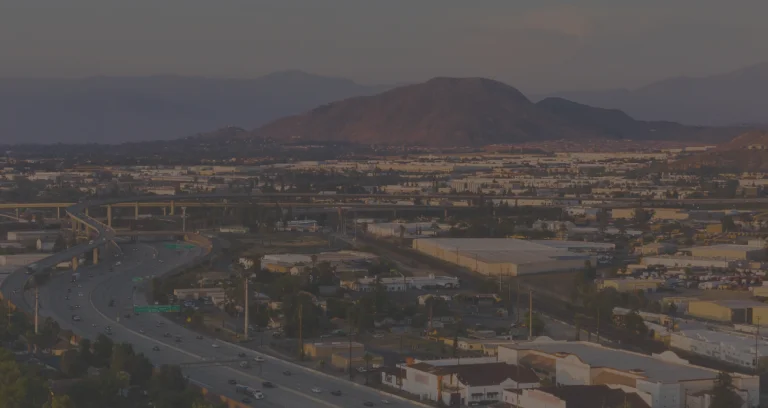
California is a state that takes Driving Under the Influence, more commonly referred to as a “DUI”, seriously. This is because the state law aims to hold DUI offenders accountable not only to penalize the individual but also to protect public safety and deter future offenses. One of the key punishments the state imposes is the suspension or revocation of a driver’s license after a DUI arrest. This is done in order to effectively remove impaired drivers from the road and to prevent any further risk. However, not being able to drive can affect a person’s ability to work, attend school, take care of children, and manage other essential responsibilities. If you have been arrested for a DUI in California, reach out to a criminal defense attorney as soon as possible to plan your defense.
An Overview About California DUI Charges
A DUI is a criminal offense in California that is charged against individuals who operate a motor vehicle while impaired by alcohol, drugs, or even certain prescription medications (if they have affected their ability to drive safely.) These substances can significantly hinder a driver’s ability to safely operate a vehicle by affecting their vision, reaction time, perception, coordination, and overall judgment. As a result, impaired drivers pose a serious threat not only to themselves, but their passengers and others on the road.
Identifying Whether a DUI Has Been Committed
California has established strict DUI laws that are codified under California Vehicle Code § 23152 (2024). Defined according to this statute, a person is considered as legally “under the influence” when their Blood Alcohol Concentration, or BAC level, meets or exceeds the proscribed legal limit. The BAC level measures the amount of alcohol in a person’s bloodstream and is a key factor in determining whether a driver was impaired at the time of the incident. California’s legal BAC limit for a driver age 21 or over is .08.
How a Driver’s License is Affected After a California DUI

It important to understand that there are two separate actions regarding license suspension following a DUI arrest. The first is an administrative action by the DMV, which results in the immediate suspension or revocation. This action is independent of the criminal court case. Immediately following a DUI arrest, the arresting officer is legally required send notice of suspension or revocation to the DMV, who will then conduct an administrative review of the submitted evidence. The driver has right to request a DMV hearing within 10 days of receiving the suspension or revocation. If the review shows there is no basis for the suspension or revocation, the action will be set aside.
The second action is the suspension or revocation that is taken by the criminal court following a DUI conviction. A DUI conviction comes with mandatory penalties, which may include license suspension or revocation, as well as a jail sentence, fines, probation, alcohol education classes, and/or mandatory community service. The length of a driver’s license suspension varies based on the specifics of the case. Typically for drivers over the age of 21, a first-time DUI offense results in a four-month driver’s license suspension. A second or subsequent DUI offense within a 10-year period carries a more severe penalty, leading to a one-year suspension. In both actions, it is recommended to be represented by a DUI attorney.
Contact The Law Office of Nicolai Cocis For DUI Defense Representation
At The Law Office of Nicolai Cocsi, our skilled criminal defense attorneys are committed to crafting strategic, personalized defenses for every client. With our office located near the Southwest Justice Center in Murrieta, California, we’ve successfully defended individuals facing DUI charges, including cases involving license suspension or revocation, and we are ready to use our experience to protect your rights and your future. Contact us now so we defend you against the charges and help you restore your driving privileges.


